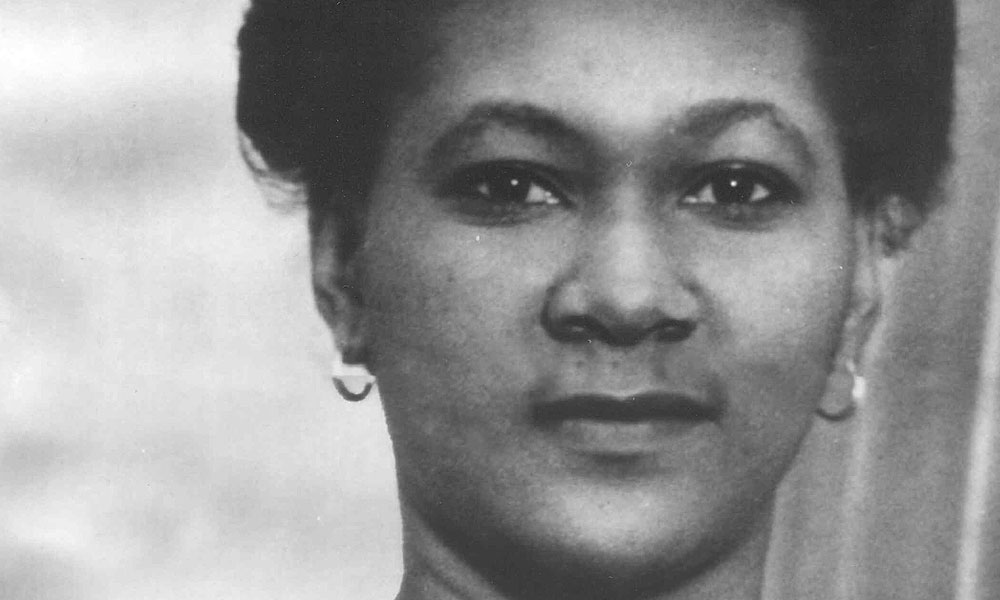
Marcus, a slave who had been born in St. Kitts, first drew attention in 1813 when he ran away from Hutchinson’s Estate and took refuge in the mountains. A listing of runaways that was presented to the Council, in September 1814 showed that he had been absent from the estate for ten months and was believed to have caused damage to provision grounds and three steers. He quickly gained a reputation as a “notorious runaway and depredator” and a reward was offered for his capture. By the end of 1815, he and several other runaways were in custody but because of insufficient evidence they were spared jail time. However the Council and Assembly felt that they had caused enough damage to warrant some sort of punishment. It was also feared that once discharged they would once again resort to their lawless ways. The solution was to have them spend time on the convict gang. Marcus and his companions were therefor bought “by the public” from their original owners and set to work at maintaining the roads and other public works on the island.
The Slave Register of 1829 shows a Marcus, who had been acquired by “purchase from the public”, among the enslaved workers of Anthony Cunyngham. He once again escaped from the estate in 1831 and led a small band of more than 30 runaways that were very active on the leeward side of the island between Stone Fort and Vambelle, well in sight of Brimstone Hill.
The activities of Marcus of the Woods intensified during the summer of 1834 when he was wanted for murder. He had a musket in his possession and knew how to use it. During the period of Martial Law that followed the Declaration of Emancipation, troops were sent into the mountains of the interior “in order to convince the Negroes, said to be concealed there, that their haunts are at any time accessible by troops.” Marcus was sighted on that occasion but the guide who was leading the military party gave their presence away.
In a letter dated the 11th August 1834, A.P. Pogson manager of Cunyngham’s claimed that “no order may be expected in the country unless he [Marcus] is taken.” A report to the Assembly in June 1834 showed that there were 94 enslaved persons absent from various estates on St. Kitts.
There is no evidence of Marcus ever having been captured again.




